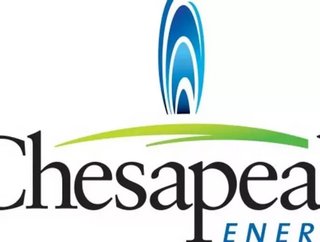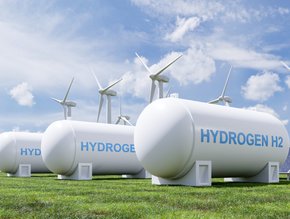Chesapeake Pledges $1 billion for Natural Gas Cars

Natural gas is gaining ground as oil prices still linger around $100 a barrel; however, there are limited vehicles on the road that can run off of natural gas, and fueling infrastructure is certainly lacking. That is changing as countries like the U.S. diversify their transportation sectors to offer alternative fuel options, such as biofuels, hydrogen, electric and natural gas. Chesapeake Energy—the second largest producer of natural gas in the United States—is looking to fast-track development of natural gas vehicle fueling infrastructure, and is willing to invest $1 billion over the next 10 years to do so.
Switching from gasoline to natural gas, the company says, will lower energy costs to consumers, enhance national security, stimulate economic growth, create hundreds of thousands of jobs, improve the environment, and “help break OPEC's 38-year stranglehold on the U.S. economy.”
SEE OTHER TOP STORIES IN THE WDM CONTENT NETWORK
Streamlining Inspection of Oil & Gas Well Sites & Processing Facilities
Consensus Building for Arctic Offshore Oil & Gas Drilling
Shell 'Prelude' Floating Liquefied Natural Gas Terminal
Read the latest issue of Energy Digital!
"We have analyzed the U.S. transportation sector during the past four years to determine how to create the best pathway to move our country away from dependence on OPEC oil and the resulting yearly transfer of more than $400 billion of American wealth to foreign countries, many of them often unfriendly to U.S. interests,” said Aubrey K. McClendon, Chesapeake's Chief Executive Officer.
“As a result of our analysis, Chesapeake has developed a three-pronged plan to move America toward greater energy independence and enhanced national security during the next 10 years.”
Chesapeake plans to increase onshore production, currently at around eight million barrels a day, by three to four million using horizontal drilling and hydraulic fracturing techniques. The company plans to invest in both compressed natural gas and liquefied natural gas fueling stations to give carmakers more incentive to develop natural gas vehicles of all sizes, makes and models. Chesapeake claims that once their plan goes into effect, natural gas fueling could be $1.50 to $2.00 per gallon cheaper than gasoline and diesel.
The company also plans to deploy a gas-to-liquids process that will convert natural gas into a room temperature fuel that can be blended with existing gasoline supplies to meet the demand of drivers who do not yet own a natural gas vehicle.






